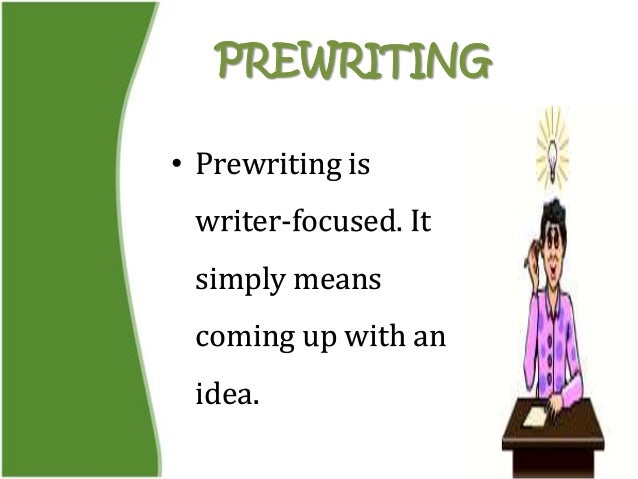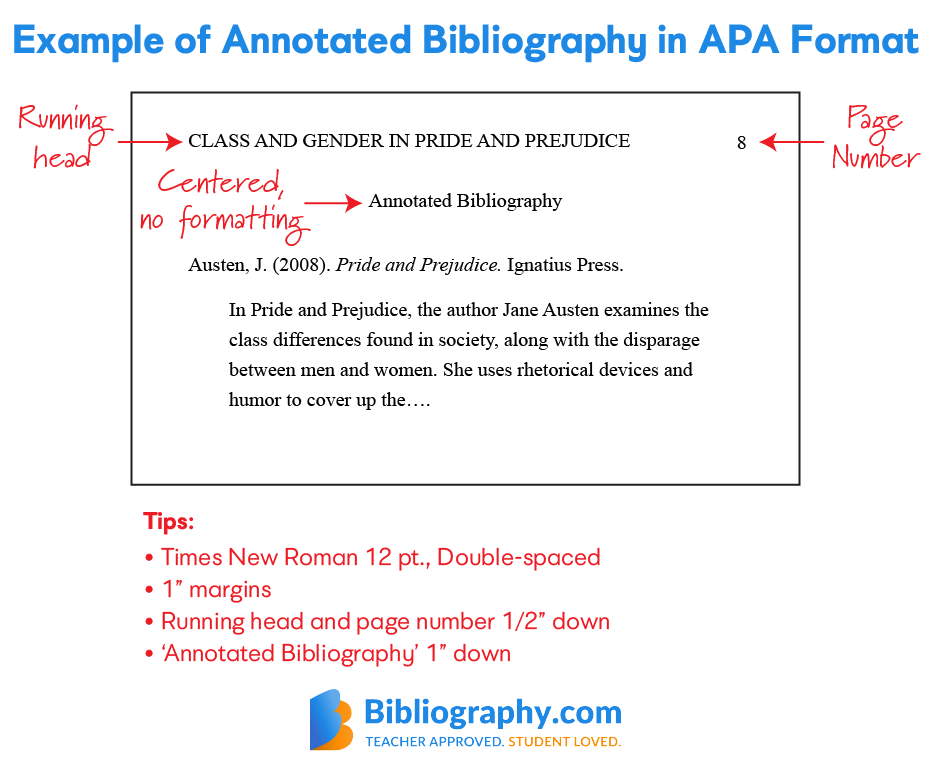
The best writing tends to have one clear, ringing intention. Choose it—and commit. 2. Get to the Point. In the business world, brevity is gold. If you’re struggling to get to the point, take a moment to think about the person (or people) that you’re writing to, and create The best way to become a good writer is to become a good reader. become an expert on poetry. avoid fiction. scan the dictionary for unusual words. The best way to become a good writer is to become a good reader. s There is no single thing that makes a good writer. Being a good writer is a combination of factors that includes a proficient understanding of grammar, mastery of syntax and structure, and the ability to choose the right words to use. Additionally, a good
How to Be a Good Writer
To create this article, 9 people, some anonymous, worked to edit and improve it over the best way to become a good writer is to. This article has been viewed 22, times. Learn more Academic writing should involve expressing your own ideas in response to what others have said. Good writing often begins not by asserting your own opinion, but by listening actively and putting yourself in the shoes of those who think differently. If you do this, the best way to become a good writer is to writing will show a clearer the best way to become a good writer is to of your material, and you will write with more style and motivation.
Although this can be difficult, your academic writing will benefit dramatically. Log in Social login does not work in incognito and private browsers.
Please log in with your username or email to continue. wikiHow Account. No account yet? Create an account. Community Dashboard Write an Article Request a New Article More Ideas Edit this Article.
Courses New Tech Help New Expert Videos About wikiHow Pro Upgrade Sign In. Home Random Browse Articles Courses New About wikiHow Easy Ways to Help Approve Questions Fix Spelling Quiz App More Things to Try We use cookies to make wikiHow great.
By using our site, the best way to become a good writer is to, you agree to our cookie policy. Cookie Settings. wikiHow is where trusted research and expert knowledge come together. Learn why people trust wikiHow. Categories Education and Communications Writing Writing Techniques Improving Your Writing How to Become Better at Academic Writing. Download Article Explore this Article Steps.
Tips and Warnings. Related Articles. Author Info Last Updated: February 18, the best way to become a good writer is to, Do plenty of reading. Whether it be your favorite fashion magazine, a news article, or a novel, reading introduces you to different writing styles and techniques and gives you an idea of what does and doesn't work. Reading academic writing in your field will familiarize you with the standards and habits of fellow writers, and as you read more, you will start to get a feel for how you should be writing.
Pay attention to writing tricks and techniques as you read, and take note of any you might use in your own writing. Practice writing. The more you practice your writing, the better you will become. Try writing academic papers on any topics that come to mind, whether or not you have to turn them in for an assignment. Work on developing your writing style and try out different tricks in each piece you write. Try not to get stuck on the mechanics of grammar, spelling, and formatting - think instead about the overall tone, how you organize and present your ideas, and the goal of your writing.
Enter into a conversation with others through your writing. As a writer, you need to do more than make well-supported, and consistent arguments. Remember that you are not writing in a void. It is important to engage the audience and realize that yours is not the only one out there.
Be well aware of the body of current and emerging work. Read other works that are related to your own, and respond to them in your own writing. When doing so, make sure to explicitly identify other viewpoints and respond to them appropriately, otherwise, your writing probably will not make any sense. In other words, what you are trying to say may be clear to your readers, but not the reasons for saying it nor how it fits into the milieu.
Choose your sources carefully. There should always be enough of the right kind of evidence to support your thesis statement. Do plenty of research before you begin writing, and choose only those sources that provide new, interesting, relevant material to use in your work.
Above all, when choosing sources, consider the relevance to your own writing. Your sources should support your claims, not lead the reader off on tangents. At the same time, your writing should not simply paraphrase various sources; you should offer a unique perspective or new information, adding something important to the wealth of existing knowledge. Use citations strategically. Citations are absolutely necessary in order to avoid plagiarism, so must always credit your sources, the best way to become a good writer is to.
Additionally, citations indicate how grounded and in-depth your knowledge is, and contribute to making you more trustworthy as an author. Use specific, targeted citations to support your claims, particularly the more controversial ones.
Organize a logical progression of ideas. Order your paragraphs and supporting evidence in a linear progression through use of verbs, transitions, and signal phrases. For instance, begin with a summary of the background research, then turn to your own work.
Introduce your project or experiment, describe your methods, the best way to become a good writer is to, report your findings, and then discuss their significance.
Always make it clear exactly what you hope to accomplish with each part of your paper and with the paper as a whole, and organize your paper in a way such that this logical progression is perfectly clear. Discuss the significance of your work. When writing, keep your readers interested by showing them why your thoughts are important.
It's not enough to discuss your ideas and present your findings. Place your work in context of the academic field at large. Talk about what it does different from or more than every other paper; discuss the implications of your work for the field and open up suggestions for for the future, where to go next. Pay attention to tone and style. When writing an academic paper, it can be tempting to use big words and the best way to become a good writer is to sentence structures to try to sound smart.
In fact, however, these structures only succeed in complicating your writing and obfuscating your ideas. They can make you seem pretentious and make it much more difficult for your readers to understand your ideas. Keep your tone casual and informative, and make sure the whole paper reads as simply and clearly as possible. Keep in mind a clear sense of your purpose, audience, and genre. This will help you develop a more effective writing style.
Solicit and respond to feedback. Ask contemporaries and experts in the field for their impression of your ideas and their formulation. Plan to iteratively respond to the issues raised by each piece of feedback. Here, it is important to remain flexible and responsive, both in your viewpoint and your writing style. By stretching into new ways of thinking and writing, you will increase your ability to write clearly and in an understandable way so that your ideas will have maximal impact.
Include your email address to get a message when this question is answered. Assigning way too high a priority to daily writing can sabotage your creative flow. It's perfectly alright to practice and important to remember to never stress yourself out and have fun! Helpful 2 Not Helpful 0. Always put newly learned skills to good use. That means keeping all your graded papers and considering the critiques of others. This doesn't mean sacrificing your personal voice and style but simply refine your technique so that you become more productive and a better writer.
Helpful 0 Not Helpful 0. Make it a habit to practice your writing even if it means keeping a personal journal. Helpful 1 Not Helpful 0. You may find it useful to consider how to evaluate the writing skills of yourself or others at some point.
Helpful 0 Not Helpful 1. Submit a Tip All tip submissions are carefully reviewed before being published. Related wikiHows How to. How to. Co-authors: 9. Updated: February 18, Categories: Academic Writing Improving Your Writing. Thanks to all authors for creating a page that has been read 22, times. Did this article help you? Yes No. Cookies make wikiHow better. By continuing to use our site, you agree to our cookie policy. About This Article Co-authors: 9.
3 simple habits that will IMPROVE your writing (BECOME A BETTER WRITER!)
, time: 8:02How to Become Better at Academic Writing: 10 Steps (with Pictures)

A good writer recognizes he needs help. He can't do this on his own (neither can you). You need to get someone to critique your writing, someone you trust. I suggest a peer editor for starters. Capture ideas. A good writer is constantly gathering creative input. Ideas are the inspiration for artists and writers. You need to have a system for collecting them. A great tool to help you do this is Evernote. Write every The best way to become a good writer is to become a good reader. become an expert on poetry. avoid fiction. scan the dictionary for unusual words. The best way to become a good writer is to become a good reader. s The best way to become a good writer is to - stead of going into outer space, you went into inner space, which was full of the pressure of life trying to get inside your suit

No comments:
Post a Comment